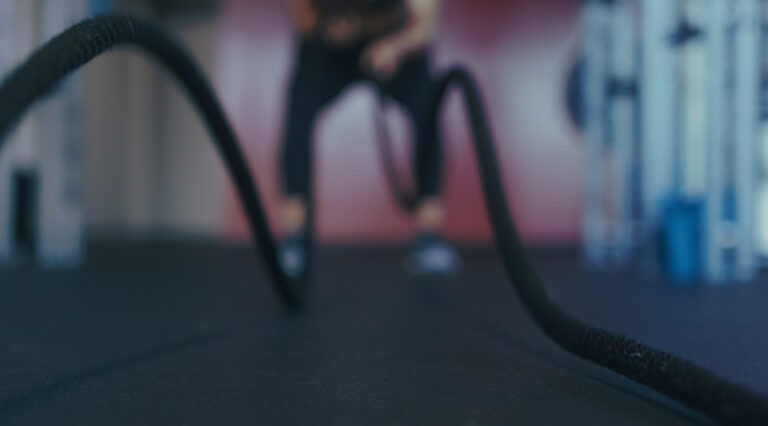The world seems to have gone a little fitness-tracker ‘crazy’ in recent years. The big push behind these fitness trackers comes from the idea that it will help you (the exerciser), and your health practitioners (e.g. doctor, nurse, personal trainer etc) to keep an eye on your health and activity levels. But, in practice, is that what actually happens? Or are fitness trackers just another gimmicky gadget that we’re wasting money on in our ever-growing ‘techno-world’? These next figures may help you to gauge just how ‘big’ fitness monitoring has become: according to research from CCS Insight, last year 48m devices were sold worldwide, and that is expected to rise to 61m this year. Plus, that doesn’t even include devices such as smartwatches, of which many include fitness-tracking features.
Lets just go through a brief low-down on what fitness trackers actually are… Fitness monitoring devices (fitness trackers) can be worn on your wrist, clipped to belt or arm-sleeve or simply shoved into a pocket. They then measure your movements, including calculating how many calories you are burning off throughout the day. As with most gadgets out there, there is a wide variety of what is on offer – depending on the calibre of the fitness tracker you opt for. Some are even sold with myriad sensors measuring health indicators. But basically, fitness trackers use an accelerometer, which detects motion and translates it into steps, distance and calories burned. Clever hey! Other, more advanced, sensors within fitness trackers can include heart rate, sweat, temperature, UV and skin conduction monitors, capable of measuring anything from body fat to blood oxygen level.
Understandably, there are a couple of key questions that have arisen:
- Is the value of the units effective?
Many believe that fitness trackers simply act as motivational aids rather than data-driven ‘miracle cures’. Researchers from the University of Wisconsin–Madison found that women given accelerometer-based trackers in a small study increased their moderate physical activity by more than an hour a week over a period of 1-month.
- Are the results accurate?
The accuracy of fitness trackers has also been questioned, with market leader Fitbit having been up to their neck in a lawsuit over heart rate data. Iowa State University researchers tested a group of accelerometer-based fitness trackers against a portable metabolic system and found the best fitness trackers, including Fitbits, were inaccurate by up to 15-18%.
This remote monitoring of medical devices is not a brand new concept, so why are fitness trackers taking up so much of the limelight? For example, the University Hospital Southampton is remotely monitoring more than 1,000 patients with implantable cardiac defibrillators to detect problems and deal with them as early as possible. As I’m sure you can imagine though, cost is an issue here! Perhaps fitness trackers can plug the financial gap as they provide a more affordable option to help clients’ and patients’ to be aware of their health and fitness status. Personally, I can’t think of many patients or clients that enjoy medical devices – so, perhaps these consumer trackers are much more user-friendly. And, as long as their data is audited and treated with regard to what kind of device it has come from then you know what kind of information you are working with.
In summary, fitness trackers provide an opportunity for your patients and clients to monitor their own condition and upload their readings for you to study. Surely, this can only be helpful for both the patients and you as the professional.
Admittedly, there are certainly grey areas with regard to fitness trackers – accuracy of results being a rather important one. However, this form of quantified-self logging could be useful to many – even if it is just to act as a motivational device to raise health and fitness.
The next question is, which fitness tracker is best?…



